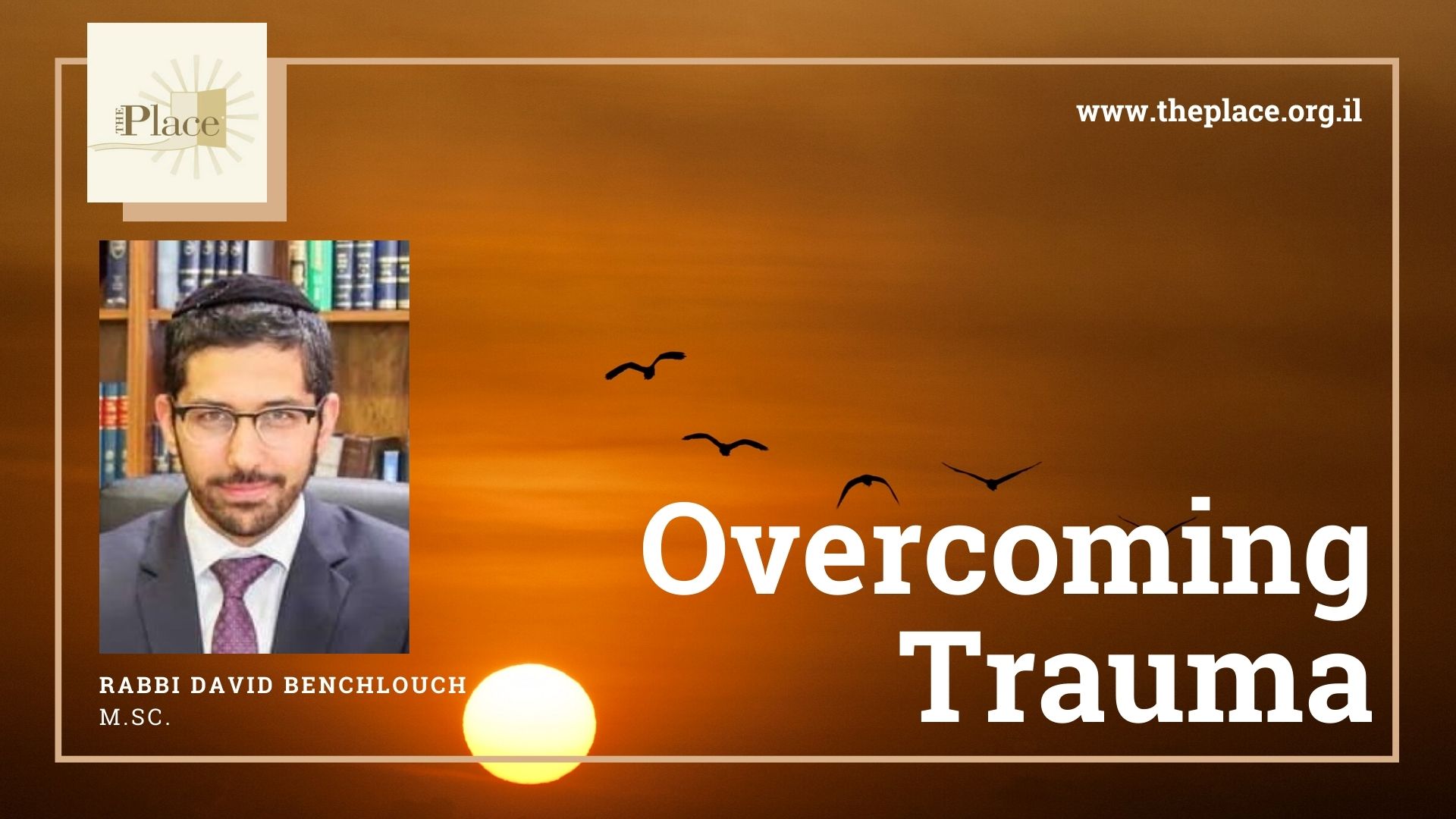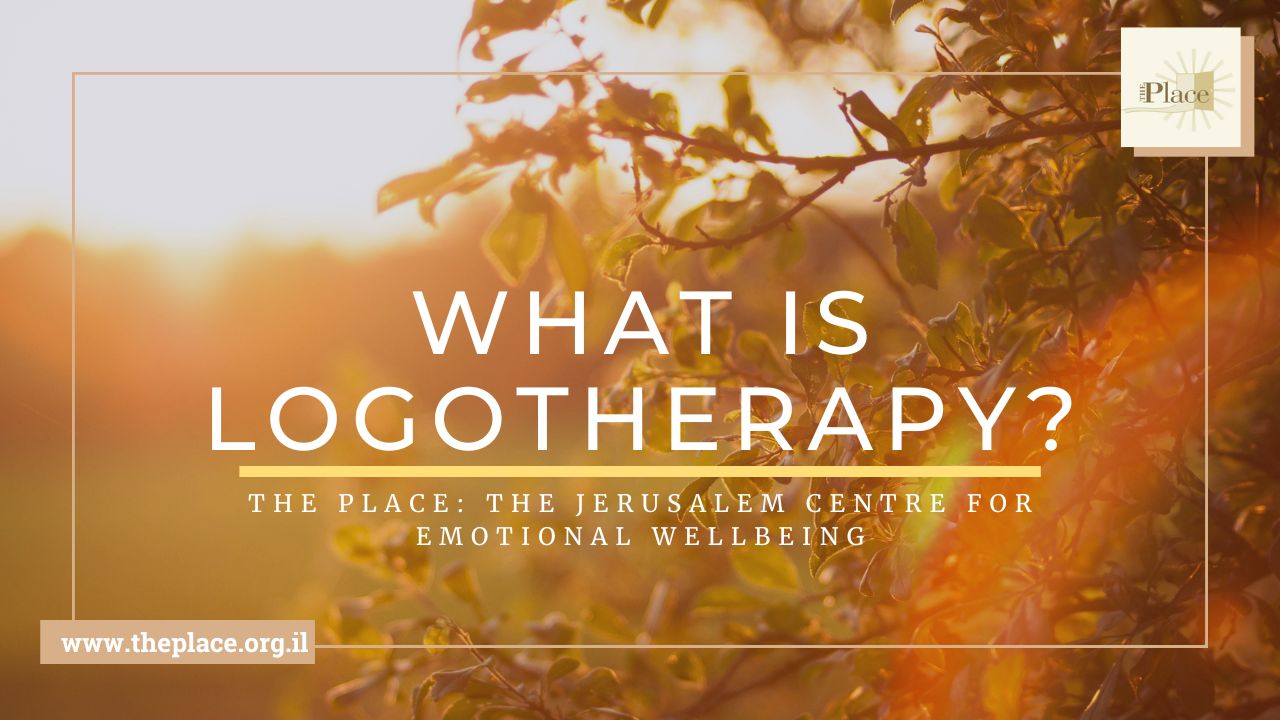Last week’s article outlined why teens are nuts. Biological processes are at play making them into sports cars without brakes. They’re chemically addicted to friends and, although rational, have to wait 15 years for their cognitive control processes to catch up. I can hear your groans all the way over here, “I have to wait for normalcy?” Kind of, but not quite. Without underestimating the power of realistic expectations, there’s two things you can do to dramatically improve your parenting with teens: math and compromise.
Before kids hit teenage-hood, they have a lot of incentives to not confrontationally tick us off. Their survival depends on parental good graces and something about not being able to cross the street wrecks a person’s social life. We’re all they have. As they get older and explore their agency, the tables turn. Teens stop letting it slide how little positive time we spend with them and resentment builds.
Here’s where math comes in. Tally up what you’re doing, specifically, with the time you spend with your teen. Most tallies look like this: 20 minutes of haranguing to get out of bed, 30 minutes of spending more time with the younger (needier) kids, 10 minutes of telling your teen you “might” have time to help them with homework… but forget, and 30 minutes of cumulative complaining about poor teen habits. That’s an hour and a half of pain. The tragedy is you’re probably justified and handle each conflict reasonably well. The problem isn’t the negative encounters per-say. Rather, they need to be offset by positive moments otherwise, in behavioral psychology terms, you become reduced to an “aversive stimuli”.
How much positive “offsetting” are we talking about? Dr. John Gottman, mathematician and psychologist, demonstrates in marriage and parenting you need a minimum ratio of five positive encounters to every one negative to avoid being blacklisted as aversive. Not only do relationships need more positive moments to definitionally be considered positive but we’re actually biologically hardwired to put more significance into negativity. It’s called the Negativity Bias. The same “units” of negativity are simply way more potent than positive “units.” That’s why trying to offset complaints with what you did right never works – the exchange rate doesn’t nearly compare.
Next week we’ll talk about compromise.
About The Place
The Place is where therapists, individuals and the community connect to create safety, strength and success. At The Place, men and women discover the freedom and safety to move past those issues which are preventing them from living life to its fullest. Our goal is to help each of our clients discover his or her own strengths as powerful tools in the healing process.
The Place is a multi-faceted clinic offering both individual and group therapy, support groups, interactive evenings and lectures, educational classes, and drop-in hours. Our comfortable, confidential, relaxed environment allows clients and their families to explore sensitive issues and create positive change. We believe that the key to mental health and emotional well-being is inside you.
At The Place, male and female therapists work independently or as a team to explore sensitive issues and facilitate positive change for individuals, couples and families from all sectors of the community. Some of our specialties include emotional eating, grief counseling, internet addiction, phobias, anxiety & OCD, childhood challenges, premarital counseling, couples therapy and intimacy issues, postpartum support, personality disorders, psychiatric care, and more. Connect with a caring professional in person at our comfortable Jerusalem offices, or by video, phone, and text. We’re here for you.
Contact Us
Email info@theplace.org.il
Phone (02) 581 8299
Whatsapp 054 260 1468
Social Media
Website:
https://theplace.org.il/
Facebook:
www.facebook.com/theplacejerusalem/
Instagram:
www.instagram.com/theplacejerusalem/





